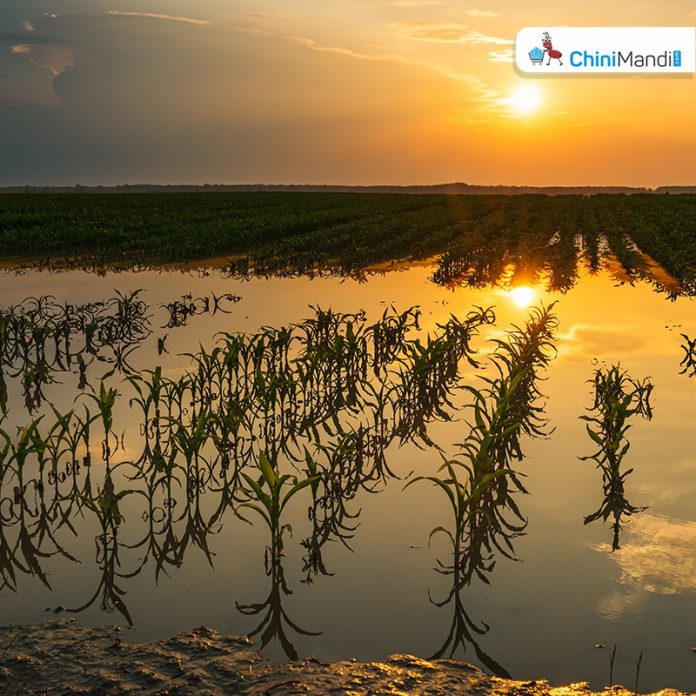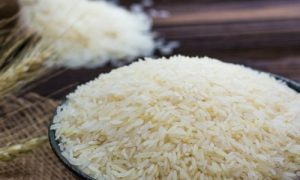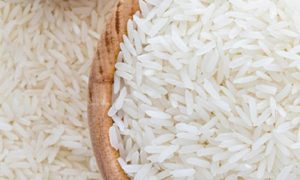Floods destroy crops, spark rice shortage fears in Pakistan

Floods have devastated Pakistan’s agriculture, wiping out crops within 7 km of rivers. Rice and cotton, key cash crops, suffered major losses, with soil fertility damaged by sand and silt. Officials warn of possible rice imports, textile risks, and food inflation, urging urgent farmer relief and farmland rehabilitation.
The recent floods across Pakistan have wreaked havoc on agriculture, particularly in areas located within a 7-kilometer radius of rivers, where crops have been completely washed away. The Ministry of National Food Security and Research has raised serious concerns that the devastation could trigger a rice shortage in the country.
According to officials from the ministry, two of Pakistan’s key cash crops—rice and cotton—have been severely damaged in the flood-hit zones. Farmers report that standing crops were submerged for days, while large amounts of sand and silt carried by the floodwaters have rendered vast stretches of land unsuitable for immediate cultivation. Experts caution that this not only threatens this year’s harvest but may also affect next year’s sowing season, particularly for cotton, as soil fertility and structure have been badly disrupted.
Sources further revealed that if rice production continues to decline, Pakistan, traditionally a major rice exporter, might be forced to import rice to meet domestic demand—a situation that could put additional pressure on foreign exchange reserves. Cotton production, too, is expected to drop sharply, posing risks for the textile industry, which is a backbone of the country’s exports and employment.
The ministry has already completed its initial damage assessment report for Khyber Pakhtunkhwa, where floodwaters hit standing crops in multiple districts. However, a comprehensive national report will only be finalized once the water recedes in Punjab, the country’s main agricultural hub. Early indications suggest that Punjab may have sustained the heaviest losses, especially in districts along the Indus River and its tributaries.
Agricultural experts warn that the floods could lead to higher food inflation, as reduced crop output may push up prices of rice, cotton, and other staples. They emphasize the urgent need for the government to introduce emergency relief measures, including financial assistance for farmers, rehabilitation of farmland, and incentives for re-cultivation.
To Read more about Rice News continue reading Agriinsite.com
Source : Minute Mirror
















